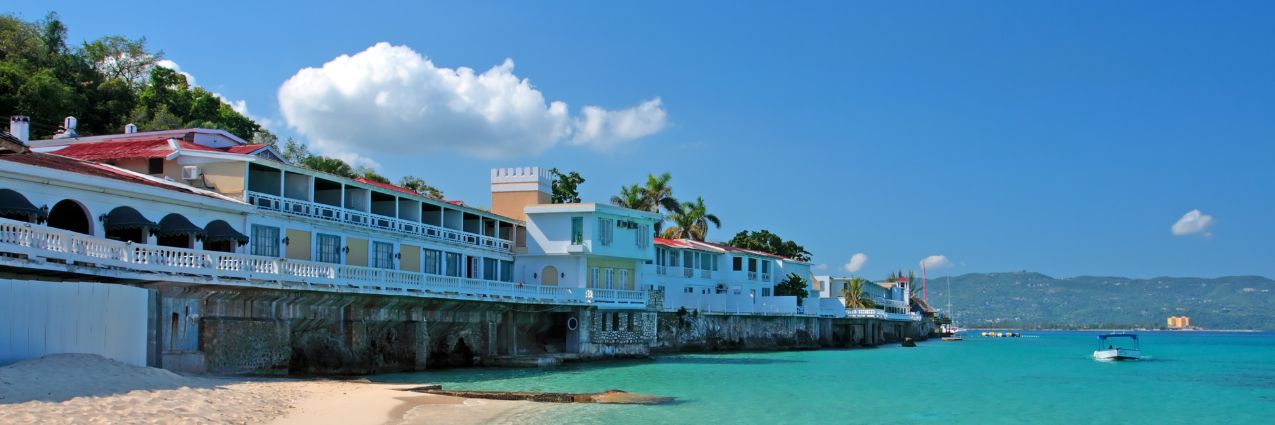The Bahamas (Northern Region)
Turks and Caicos
Amsterdam
Cyprus
Cayman Islands
Jamaica
Barbados
British Virgin Islands

February 09 2024
The appointment of a Single Joint Expert to provide expert evidence to the court in civil proceedings is always intended to save time – and the all-important legal costs of the parties. A litigant’s failure to cooperate with selecting an expert is likely to cost them, as a recent decision1 illustrates.
The specialist litigation lawyers at ParrisWhittaker in Jamaica and the surrounding region have years of success in representing parties in commercial disputes and individuals seeking personal injury compensation.
The role of expert witnesses
The testimony of expert witnesses is crucial to the just and fair resolution of a case, for example robust medical evidence in personal injury cases; and forensic accountants in financial or divorce cases.
However, expert witnesses can be costly and it may be considered unnecessary for both litigants to appoint their own expert witness. To aid the efficiency of a case, particularly in lower value claims, it is common for a Single Joint Expert (SJE) to be appointed by the court.
The SJE is instructed to prepare their report on behalf of both (or all) the parties. As is the case for all expert witnesses, the SJE’s duty is to assist the court on matters within their expertise. They must act impartially and independently and comply with their duties under the Supreme Court Rules.
But problems can arise where the parties fail to agree on an appropriate SJE. Complying with a judge’s directions and not delaying the process is important for all the parties involved in proceedings.
What happened in this case?
This was a commercial case in which the claimant sought an award for services provided to a hotel partnership. The parties could not agree on a SJE and the claimant asked the court to appoint an expert from among those proposed earlier by both him and the first defendant.
Unfortunately for the claimant, the judge criticised his conduct in bringing the application to court and he was held responsible for the defendant’s related costs. He had not properly complied with the timeline set out in earlier directions for proposing suitable and willing experts – which meant the trial date would have to be pushed back.
The judge said: “The appointment of an expert has been unduly protracted and this is almost entirely due to the claimant not properly engaging with the process… This was only done by the claimant at a late stage.”
He added that his application could have been made by consent and it was unclear why he had withdrawn from a previous proposition that it would be.
Get in touch
For expert representation, contact the experienced personal injury litigation solicitors at ParrisWhittaker in Jamaica as early as possible. You can contact us at +1.242.352.6112
1Gheewalla v Rasul & Ors [2023] EWHC 2074 (Ch)
CLOSE X
